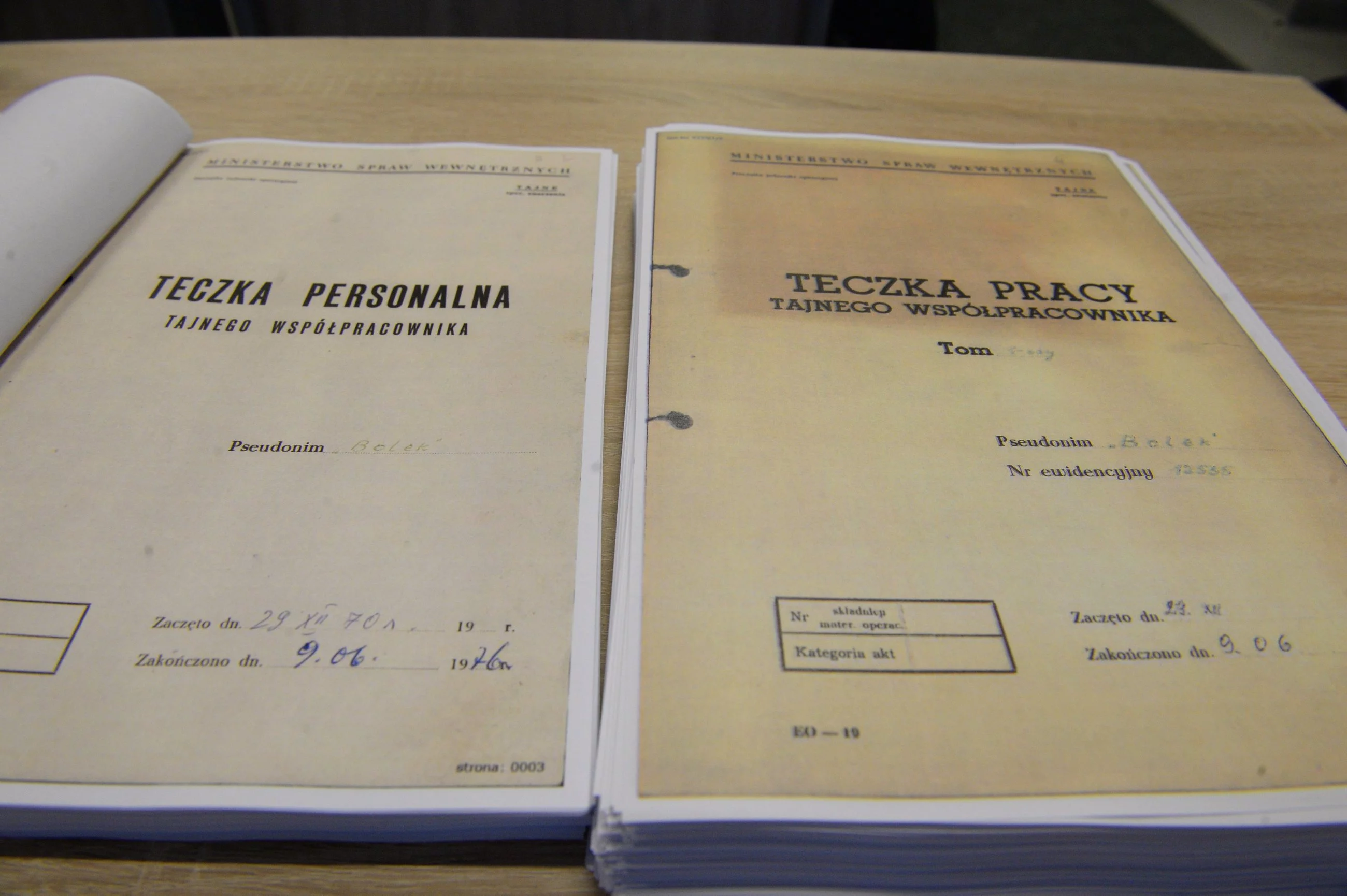The debate on the future of the alternate for Germany (AfD) will take place in the German Parliament on 30 January. It's a step to legalize AfD. Members from respective parties want the Constitutional Court to measure whether the group is compatible with the German democratic order. AfD, which in the polls achieves historical results, considers these actions a political attack.
Quick facts:
- 113 Members call for a debate on the possible ban on AfD.
- The organization has an endorsement of 23 percent, making it the second force in the country.
- W Germany has only been banned twice so far by political parties.
Parliament wants to outlaw AfD
The 113 members of the German Bundestag decided to debate the legality of the AfD. Parliamentarians representing the CDU/CSU, the SPD, the Greens and the Left say that the organization violates the fundamental principles of German democracy. The proposal is based on judicial decisions, media reports and the classification of AfD by national intelligence as a group of “suspected” for extremism.
The proposal refers to a controversial gathering in Potsdam in 2023, attended by AfD politicians and right-wing representatives. Left-wing media suggested that there were plans to deport immigrants, but these reports proved false.
Read more: Elon Musk supports AfD. An unexpected appearance at Halle
Will AfD be banned?
For the organization to be delegated, the decision would should be taken by the Constitutional Court. However, many experts believe that AfD does not meet the conditions to ban – primarily due to the fact that it does not act "aggressively and militantly" against democracy.
In German past only 2 parties were banned – the far right SRP in the 1950s and the KPD (communists) in 1956. Each of them had proven relationships with organizations undermining the state.
The alternate organization for Germany has grown stronger for years. She late won a evidence score in the Thuringia election, gaining over 30% of the vote. Its popularity stems, among others, from the hard anti-immigration policy and criticism of government energy policy.
What will the establishment parties do?
In addition to the main proposal, the Greens intend to make their own proposal to set up a group of experts to measure the chances of the illegalisation of AfD. In fact, this may be an effort to avoid risks – a possible failure of the ban could further strengthen the party's position in the eyes of voters.
In spite of attempts to isolate AfD, the CDU/CSU benefited from the support of this organization in the draft tightening of asylum rules. This is the first specified situation, although the leaders of the chades exclude further cooperation.
mn




















